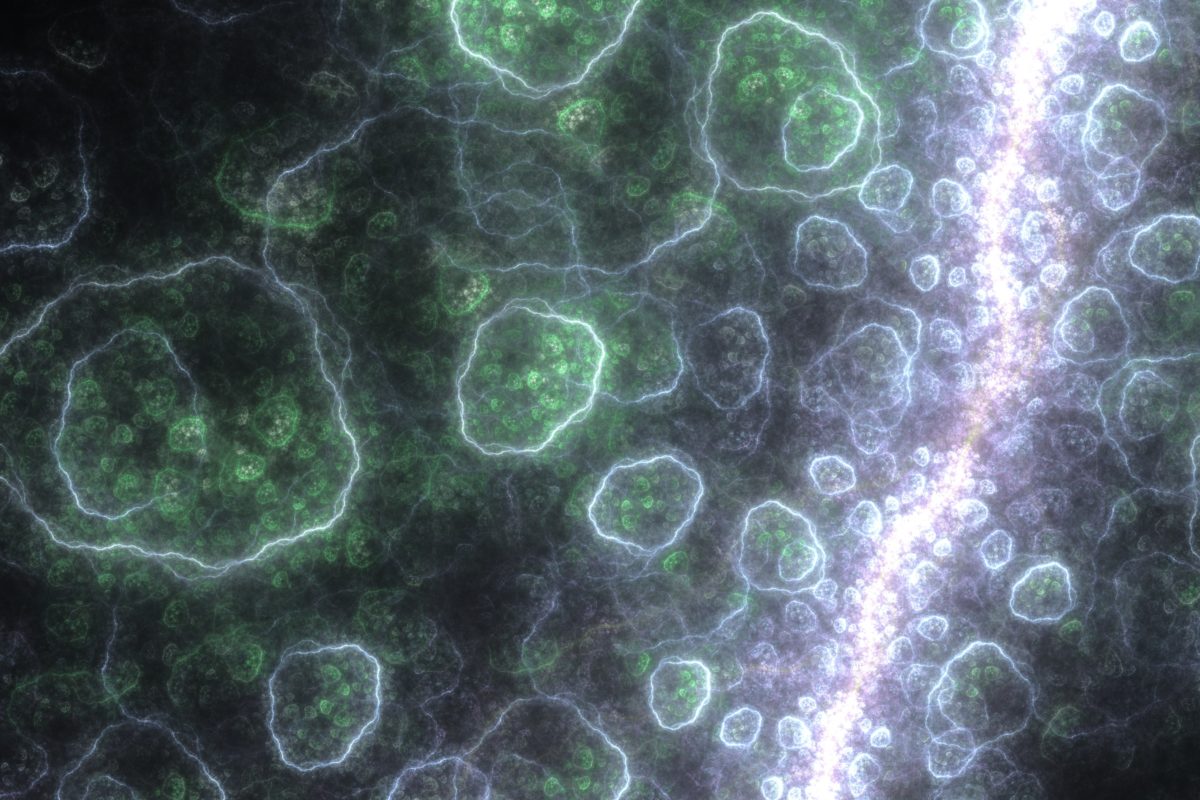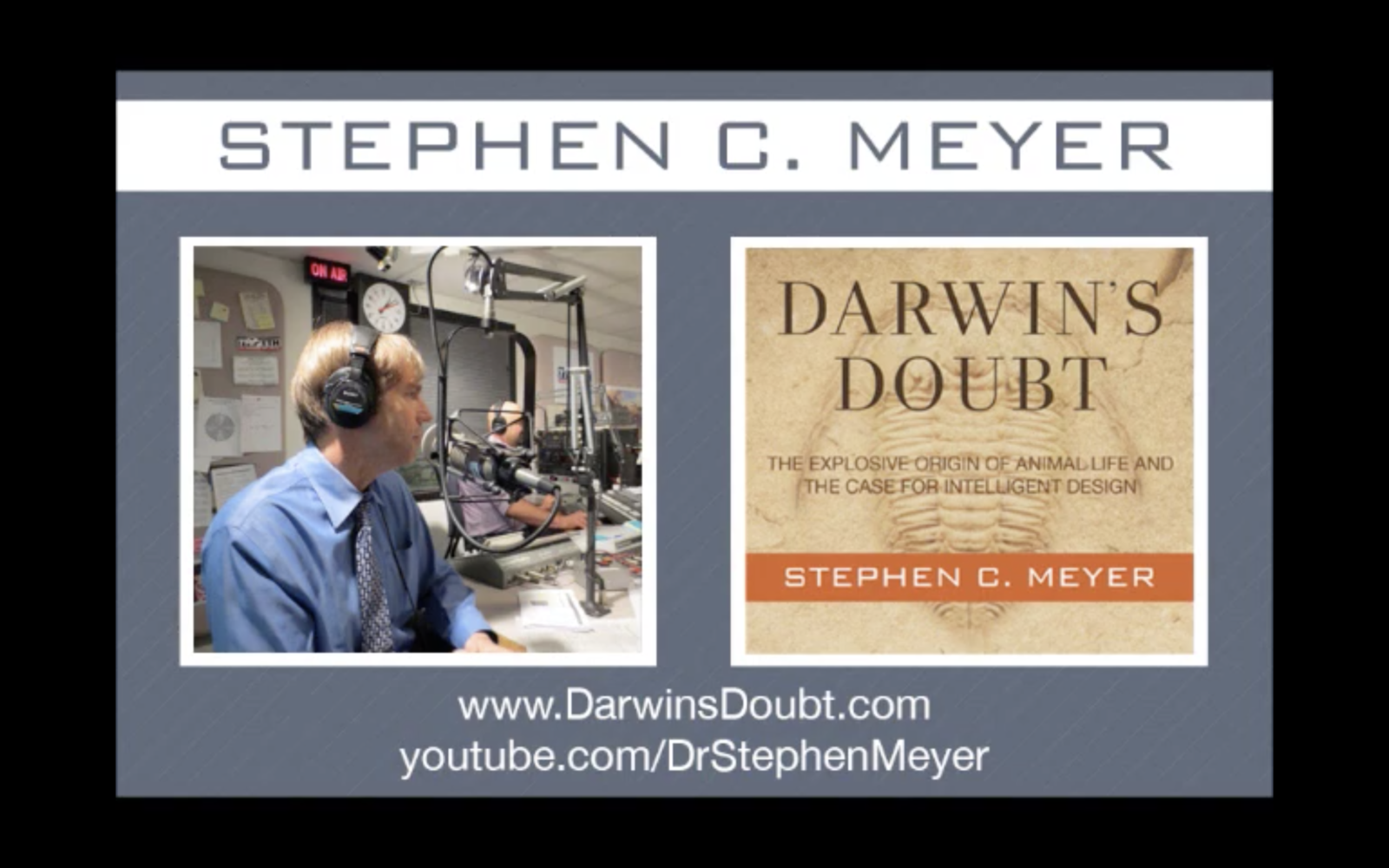


Brian Miller: The Surprising Relevance of Engineering in Biology

William Dembski: Why Intelligent Design Matters

Darwin’s Rhetorical Foundation of Sand: Theological Utilitarianism
The ENCODE Embroilment: Research on “Junk DNA” Verifies Key Predictions of Intelligent Design

The Theory of Intelligent Design from the Point of View of a Philosopher of Science
Interview with biochemist Stephen C. Meyer, a philosopher from the Discovery Institute in the USA 00:29 | What is intelligent design theory? 01:33 | Is intelligent design theory empirically testable? 02:38 | Does intelligent design theory lead to scientific predictions? 04:36 | Can intelligent design theory be the basis for new research? 06:58 | Is ID theory religiously motivated? 08:10 Read More ›
Neo-Darwinism’s Catch-22: Before Evolving New Features, Organisms Would Be Swamped by Genetic Junk
The article by physicists David Snoke, Jeffery Cox, and Donald Petcher begins by observing that in order to produce a new system, evolution first needs to try lots of new things. It must generate many, many variations upon which natural selection can act in order to “find” something useful to retain. But that comes with a potentially fatal cost. Read the rest at Evolution News & Views.
What’s your function function?
The myth of junk DNA continues to unravel. Almost daily (sometimes twice daily) new peer-reviewed articles are appearing in the scientific literature pointing out the functions of previously believed to be “non-functioning” or junk DNA. CSC’s Research Coordinator Casey Luskin says: “When we look for function, we find it, and when we don’t look for function, someone else finds it.” Read his report at Evolution News & Views.

The Top Ten Scientific Problems with Biological and Chemical Evolution

Stephen Meyer on the Hugh Hewitt Show discussing the myth of scientific consensus
On the Hugh Hewitt show, Dr. Stephen Meyer discusses with the host the story of the doubt Darwin expressed about his own theory, contrasted with consensus among scientists and media that there is no reason to doubt the creative power of Darwin’s mechanism. Meyer details evidence in the fossil record confirming Darwin’s doubt, evaluating scientists’ attempts to explain fossils critically Read More ›